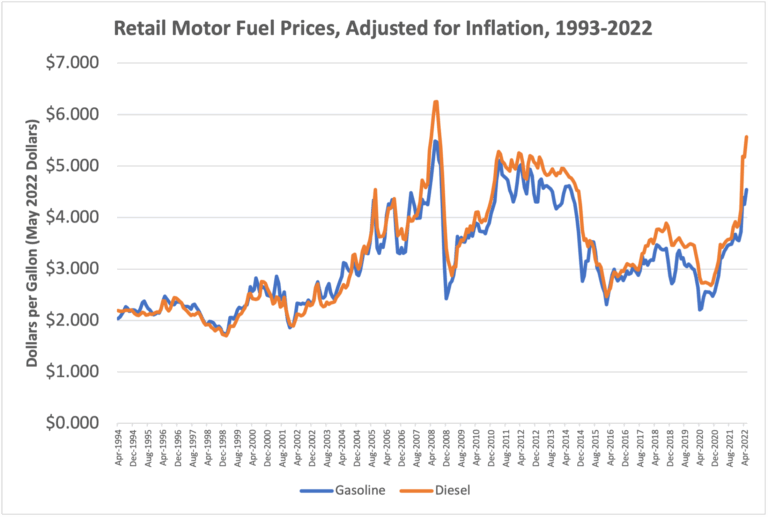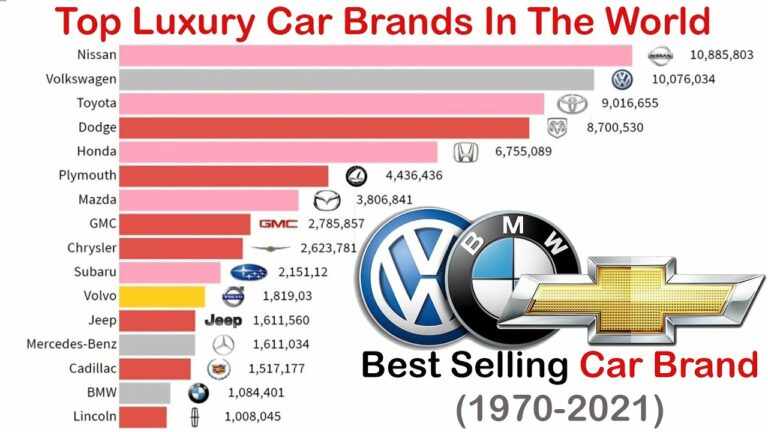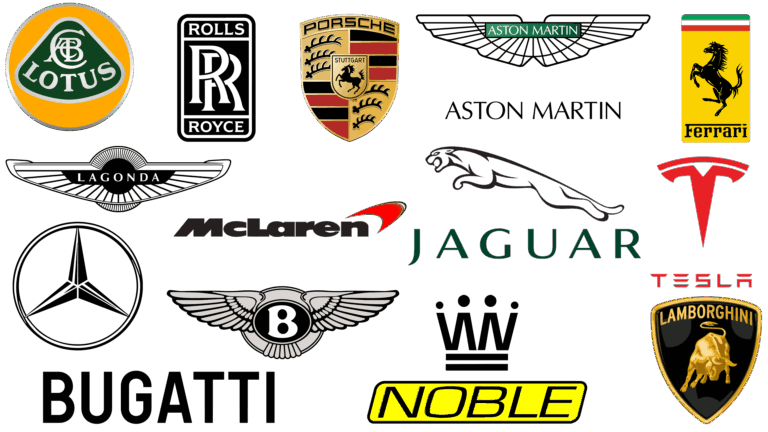Most Reliable Used Car Brands: Your Ultimate Guide to Smart Automotive Investments
Most Reliable Used Car Brands: Your Ultimate Guide to Smart Automotive Investments cars.truckstrend.com
In the dynamic world of automobiles, the allure of a new car is undeniable. However, for many discerning buyers, the most sensible and economical choice often lies in the used car market. The primary concern when navigating this landscape is, invariably, reliability. A reliable used car isn’t just a vehicle that gets you from point A to B; it’s a commitment to fewer unexpected repair bills, greater peace of mind, enhanced safety, and a higher return on your investment. It signifies a vehicle built to endure, maintaining its performance and integrity long after its initial purchase.
This comprehensive guide delves into the realm of used car reliability, identifying the brands that consistently stand out, and providing you with the knowledge and tools to make an informed decision. Choosing a reliable used car means securing a dependable asset that saves you money, reduces stress, and ensures your journeys are smooth and worry-free.
Most Reliable Used Car Brands: Your Ultimate Guide to Smart Automotive Investments
Why Reliability Matters in a Used Car
The importance of reliability in a used vehicle cannot be overstated. It directly impacts your wallet, your safety, and your overall ownership experience.
- Financial Savings: The most obvious benefit. A reliable car requires fewer unexpected repairs, which can be costly and disruptive. It also tends to be more fuel-efficient and holds its value better, leading to lower depreciation.
- Peace of Mind and Safety: Knowing your vehicle is dependable reduces anxiety about breakdowns, especially on long trips or in remote areas. Reliability is intrinsically linked to safety, as well-maintained and robust components are less likely to fail critically.
- Environmental Impact: A car that lasts longer contributes less to landfill waste and reduces the demand for new manufacturing, making it a more environmentally conscious choice.
- Resale Value Retention: Brands with a reputation for reliability tend to command higher resale values, meaning you’ll recoup more of your initial investment if you decide to sell down the line.

Top Contenders: Brands Known for Unwavering Reliability
While individual model reliability can vary, certain brands have consistently demonstrated a commitment to durability, quality engineering, and longevity across their lineups.
Toyota: The Unquestioned King of Reliability
Toyota’s reputation for reliability is legendary, and for good reason. Year after year, their vehicles top reliability surveys, showcasing incredible longevity and minimal issues. Their engineering philosophy focuses on robust, proven components and meticulous manufacturing.
- Popular Reliable Models: Camry, Corolla, RAV4, Highlander, 4Runner, Prius.
- Why They’re Reliable: Exceptional build quality, durable powertrains, widespread availability of affordable parts, and a design philosophy that prioritizes function and longevity over fleeting trends. Toyotas often run for hundreds of thousands of miles with proper maintenance.
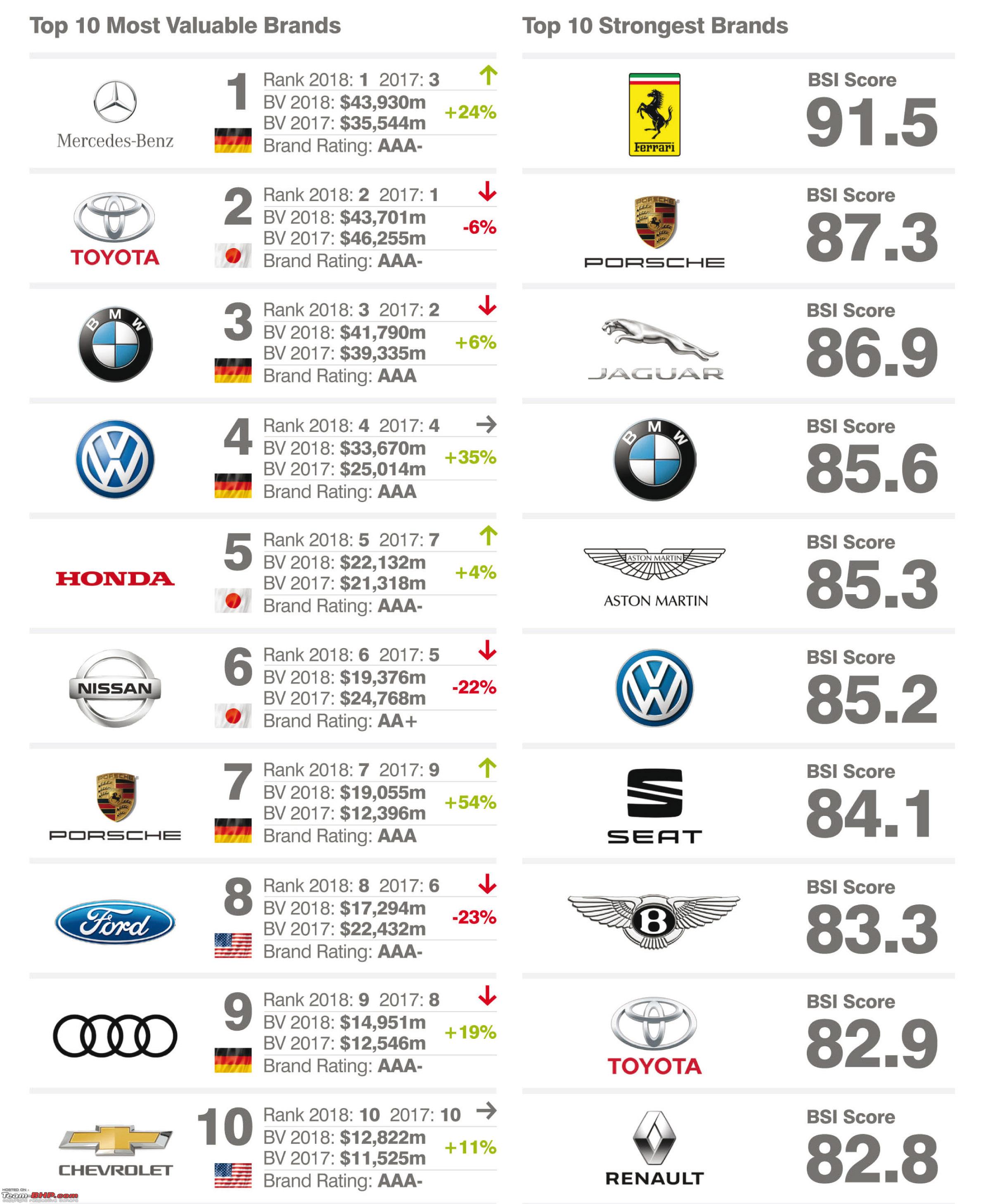
Honda: A Close Second with Dynamic Flair
Honda consistently ranks just behind Toyota, offering a blend of reliability, fuel efficiency, and enjoyable driving dynamics. Their engines are renowned for their durability, and their vehicles often exhibit a refined driving experience.
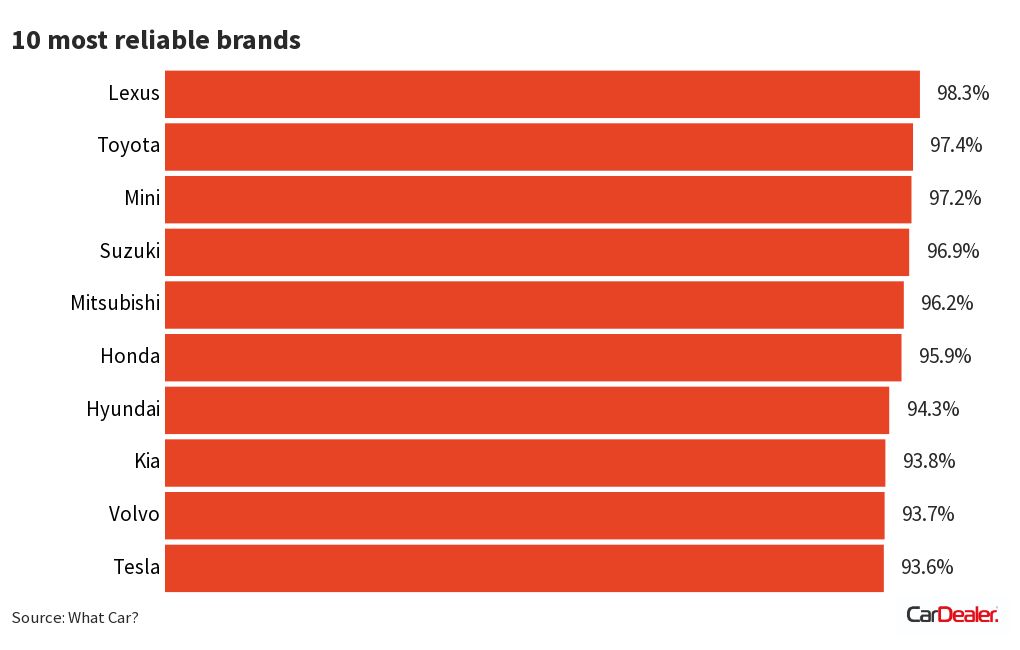
- Popular Reliable Models: Civic, Accord, CR-V, Pilot, Odyssey.
- Why They’re Reliable: Strong, dependable engines and transmissions, well-engineered chassis, and a reputation for holding up well over time. Honda vehicles often boast excellent fuel economy and a comfortable ride.
Lexus (Toyota’s Luxury Arm): Premium Reliability
If you desire luxury without sacrificing reliability, Lexus is the brand to beat. Benefiting from Toyota’s foundational engineering, Lexus vehicles offer a premium experience with the same bulletproof reliability. They consistently lead luxury reliability charts.
- Popular Reliable Models: ES, RX, LS, GX.
- Why They’re Reliable: Combines Toyota’s core reliability with higher-grade materials, superior fit and finish, and meticulous assembly. They are often over-engineered, leading to exceptional longevity and a refined ownership experience.
Mazda: The Rising Star of Reliability and Driving Fun
In recent years, Mazda has significantly improved its reliability scores, often outranking some traditional stalwarts. Their "Skyactiv" technology emphasizes efficiency and driving pleasure, while their build quality has become highly competitive.
- Popular Reliable Models: Mazda3, Mazda6, CX-5, CX-9.
- Why They’re Reliable: Focused on strong, efficient engines and transmissions, solid chassis construction, and a commitment to quality. Mazda offers a more engaging driving experience without compromising on dependability.
Subaru: Niche, but Exceptionally Dependable
Subaru holds a unique position, known for its standard Symmetrical All-Wheel Drive and Boxer engines. While their lineup is smaller, their vehicles are incredibly durable, especially in challenging climates, and boast fiercely loyal owners.
- Popular Reliable Models: Outback, Forester, Crosstrek, Impreza.
- Why They’re Reliable: Robust AWD systems, durable Boxer engines (though some older models had head gasket issues, largely resolved), and a reputation for being tough and capable.
Acura (Honda’s Luxury Arm): Reliable Luxury Alternatives
Similar to Lexus, Acura leverages Honda’s engineering prowess to offer reliable luxury vehicles. They often provide a sportier driving experience than their Lexus counterparts.
- Popular Reliable Models: TLX, MDX, RDX.
- Why They’re Reliable: Benefit from Honda’s robust engines and transmissions, combined with premium features and materials, offering a reliable entry into the luxury segment.
Hyundai and Kia: Remarkable Strides in Recent Years
While historically not always at the top of reliability charts, Hyundai and Kia have made remarkable improvements in quality and reliability over the last decade. Newer models (generally 2015 onwards) often perform very well in reliability surveys, backed by impressive new car warranties that reflect their confidence in their products.
- Popular Reliable Models (Newer Models): Elantra, Sonata, Santa Fe, Sportage, Sorento.
- Why They’re Reliable: Significant investments in research and development, improved manufacturing processes, and a focus on quality control. Their design and technology have also become highly competitive.
Key Factors Contributing to Car Reliability
Understanding what makes a car reliable helps you evaluate specific models and avoid potential pitfalls.
- Engineering & Manufacturing Quality: Precision in design, robust materials, and strict quality control during assembly are foundational.
- Maintenance & Serviceability: Cars designed for easy maintenance, with readily available and affordable parts, tend to be more reliable over time because owners are more likely to perform necessary upkeep.
- Owner Habits & Maintenance History: Even the most reliable car can suffer if neglected. Regular oil changes, fluid checks, and timely repairs are crucial. A detailed service history is a gold mine for a used car buyer.
- Design Simplicity vs. Complexity: While modern cars are packed with technology, excessive complexity, especially in infotainment or advanced driver-assistance systems, can sometimes introduce more points of failure.
- Brand Reputation & Track Record: A consistent history of high reliability ratings from independent organizations (like J.D. Power, Consumer Reports, RepairPal) is a strong indicator.
How to Research and Verify Reliability
Even with a list of reliable brands, due diligence is paramount when buying a used car.
- Consult Reliability Surveys: Prioritize data from reputable organizations like J.D. Power, Consumer Reports, and RepairPal. These provide year-specific reliability ratings for various models.
- Check Vehicle History Reports: Services like CarFax and AutoCheck are indispensable. They can reveal accident history, previous owners, odometer discrepancies, and, crucially, service records if reported.
- Read Owner Reviews & Forums: Real-world experiences from owners can offer insights into common issues, maintenance costs, and overall satisfaction. Be wary of isolated complaints, but look for recurring themes.
- Pre-Purchase Inspection (PPI): This is non-negotiable. Have an independent, trusted mechanic thoroughly inspect the vehicle before purchase, even if it seems perfect. They can spot hidden issues that might cost you dearly later.
- Consider Mileage & Age: While a brand might be reliable, high mileage (e.g., over 150,000 miles) or advanced age (e.g., over 10-15 years) will inevitably increase the likelihood of wear-and-tear repairs, regardless of brand.
Important Considerations Beyond Brand
While brand reputation is a strong starting point, it’s not the only factor determining a used car’s reliability.
- Specific Model Reliability: Not all models within a highly reliable brand are equally dependable. Some models might have known quirks or specific issues. Research the exact year and model you’re considering.
- Maintenance History: A well-maintained car from a less "reliable" brand can sometimes be a better buy than a neglected one from a top-tier reliable brand. Ask for service records.
- Previous Ownership: How many owners has it had? Was it a rental car or fleet vehicle? A car with fewer, careful owners is generally preferred.
- Region/Climate: Cars from dry climates tend to have less rust. Vehicles exposed to harsh winters (salt on roads) or extreme heat can experience accelerated wear.
- Trim Level & Features: Higher trim levels with more complex electronics or advanced features can sometimes introduce more potential points of failure, though this is less common with top reliable brands.
Estimated Used Price Range for Popular Reliable Models
The price of a used car varies dramatically based on year, mileage, condition, trim level, and geographic location. The table below provides a very broad estimated range for popular models from the most reliable brands. These figures are illustrative and should be confirmed with local market research.
| Brand | Popular Reliable Model | Estimated Used Price Range (USD) | Key Reliability Traits |
|---|---|---|---|
| Toyota | Camry | $10,000 – $28,000 | Exceptional longevity, low maintenance, strong resale. |
| Corolla | $9,000 – $25,000 | Fuel-efficient, durable, simple mechanics. | |
| RAV4 | $12,000 – $30,000 | Robust SUV, excellent family hauler, holds value well. | |
| Honda | Civic | $9,000 – $26,000 | Fun to drive, dependable engines, good fuel economy. |
| Accord | $11,000 – $29,000 | Balanced performance, comfortable, strong powertrains. | |
| CR-V | $13,000 – $28,000 | Versatile, reliable compact SUV, practical. | |
| Lexus | ES | $15,000 – $35,000 | Smooth ride, luxurious interior, exceptional durability. |
| RX | $18,000 – $40,000 | Premium SUV, comfortable, quiet, extremely reliable. | |
| Mazda | CX-5 | $14,000 – $28,000 | Engaging to drive, stylish, improved reliability. |
| Mazda3 | $10,000 – $24,000 | Sporty, well-built, excellent value. | |
| Subaru | Forester | $14,000 – $27,000 | Standard AWD, rugged, great for various climates. |
| Outback | $15,000 – $30,000 | Versatile, comfortable, excellent for adventure. | |
| Hyundai | Elantra (newer) | $10,000 – $20,000 | Great value, improved quality, modern features. |
| Kia | Sportage (newer) | $12,000 – $23,000 | Stylish, feature-rich, significant reliability gains. |
Note: These are estimated price ranges for models typically from the last 5-10 years, in good condition. Actual prices will vary based on specific year, trim, mileage, condition, and market demand.
Frequently Asked Questions (FAQ)
Q1: Is a higher-mileage reliable car better than a lower-mileage unreliable one?
A1: Often, yes. A well-maintained car from a highly reliable brand with 100,000 miles can be a far better investment than a less reliable brand’s car with 50,000 miles that’s known for costly issues. Maintenance history is key.
Q2: Do luxury brands offer the same reliability as their mainstream counterparts?
A2: Not all. While Lexus (Toyota) and Acura (Honda) inherit excellent reliability from their parent companies, some European luxury brands can be significantly more expensive to maintain and repair, even if their core components are robust. Complexity often increases repair costs.
Q3: What’s the most important thing to check when buying a used car for reliability?
A3: A pre-purchase inspection (PPI) by an independent mechanic is the single most important step. They can identify existing issues and potential future problems that aren’t obvious to the untrained eye.
Q4: How much should I budget for repairs on a reliable used car?
A4: Even reliable cars need maintenance. A good rule of thumb is to budget at least $500-$1000 per year for routine maintenance and unexpected minor repairs. This varies greatly by vehicle age and mileage.
Q5: Are electric used cars reliable?
A5: Electric vehicles (EVs) generally have fewer moving parts than gasoline cars, potentially leading to lower maintenance needs. However, battery degradation and the cost of replacement (if needed) are significant considerations for older EVs. Research specific EV models and their battery health.
Conclusion
Investing in a reliable used car is one of the smartest financial decisions you can make in the automotive world. By focusing on brands with a proven track record for durability and longevity – such as Toyota, Honda, Lexus, Mazda, and Subaru – you significantly reduce the risk of unexpected breakdowns and costly repairs.
Remember that while brand reputation provides an excellent starting point, diligent research into specific models, thorough examination of maintenance records, and a non-negotiable pre-purchase inspection are crucial steps to ensure your chosen vehicle truly lives up to its reliable reputation. A reliable used car is more than just transportation; it’s an investment in peace of mind, financial stability, and countless worry-free miles on the road ahead.
![]()


